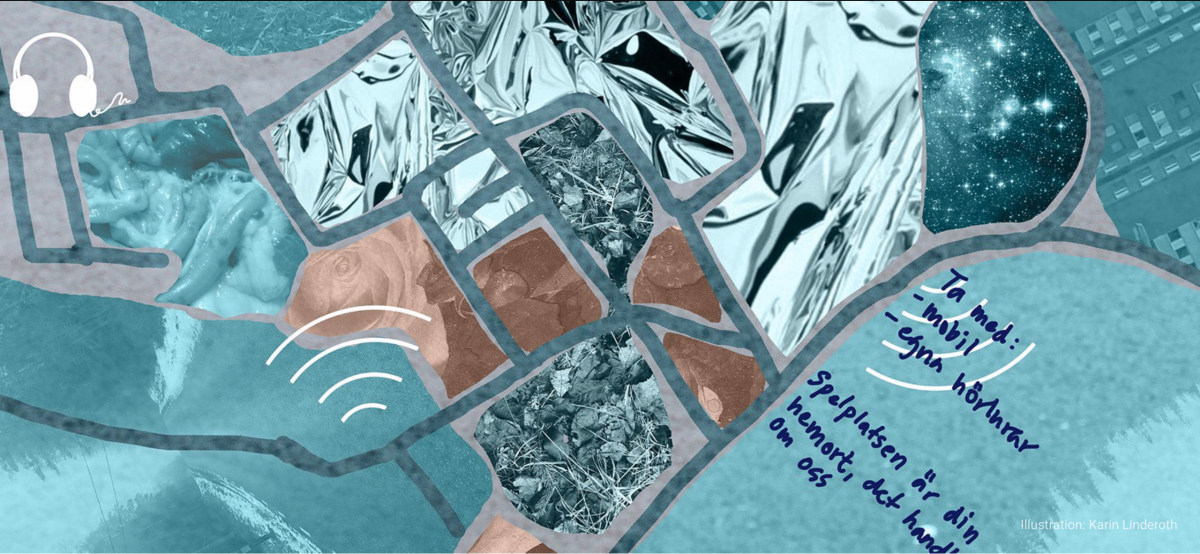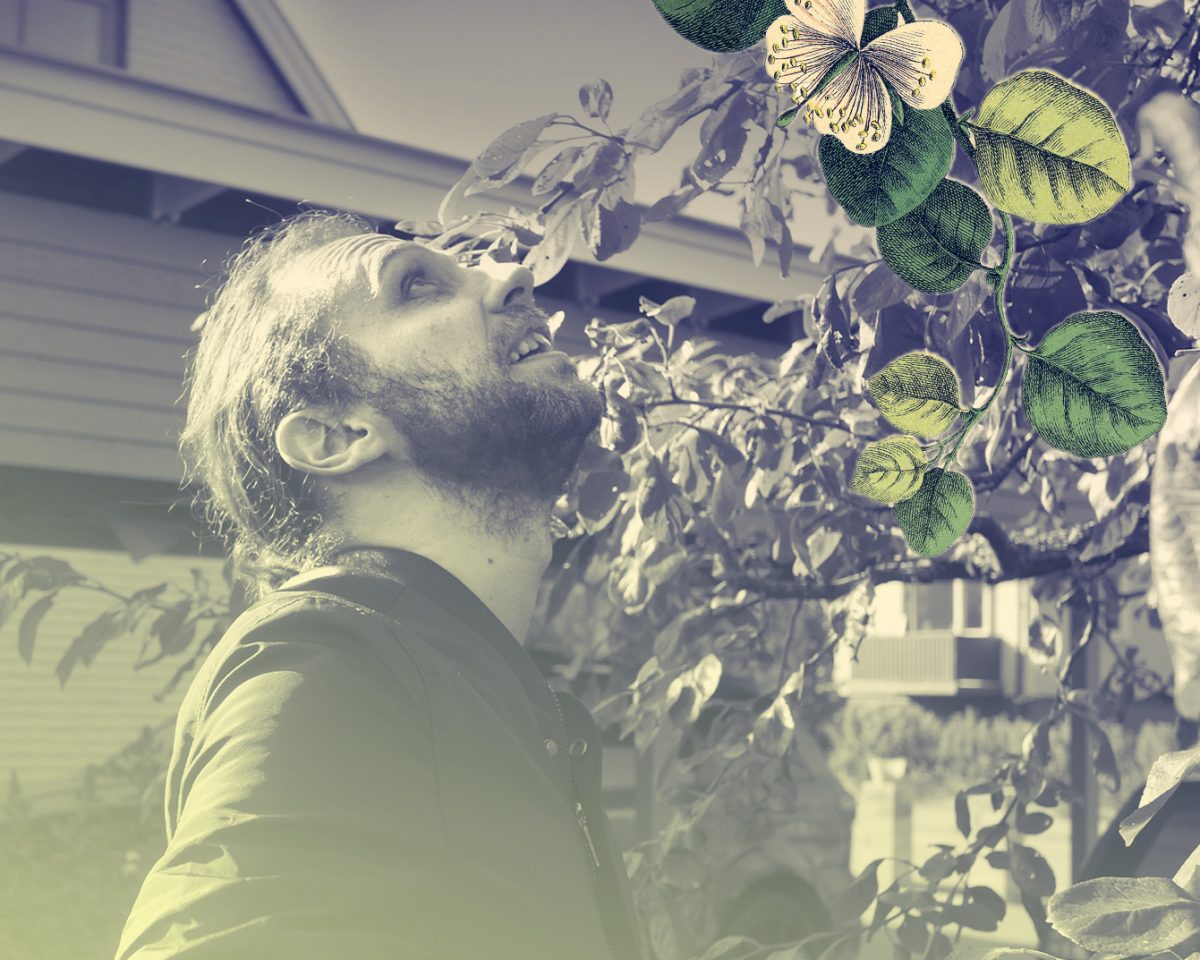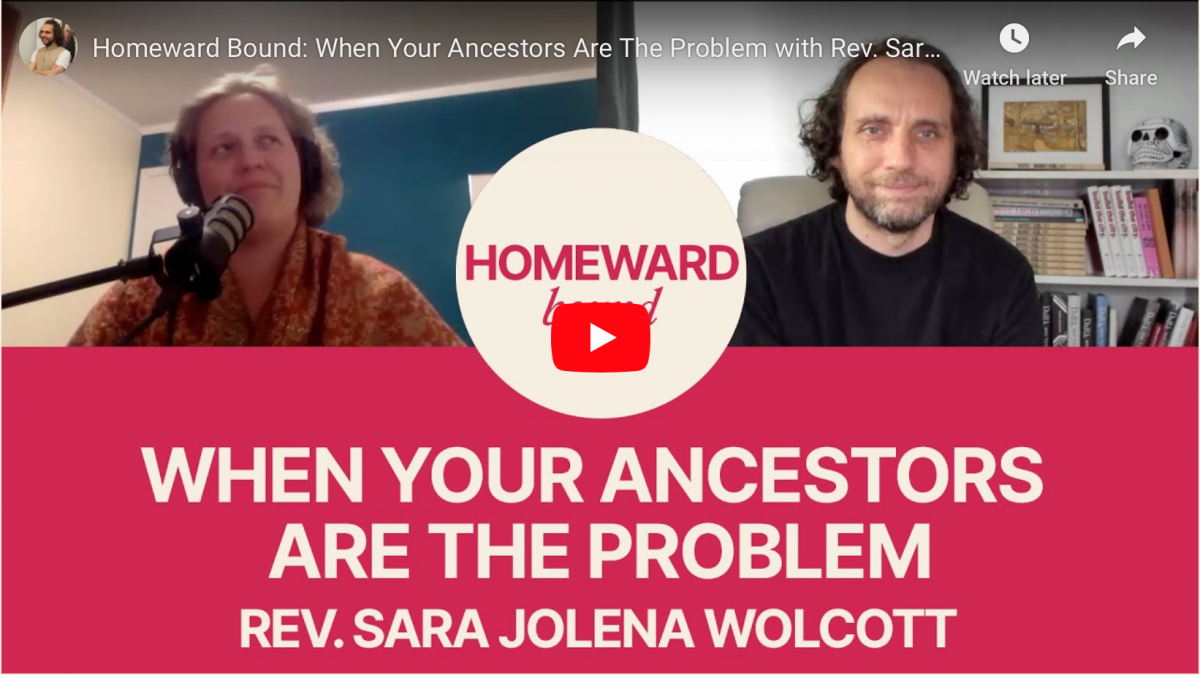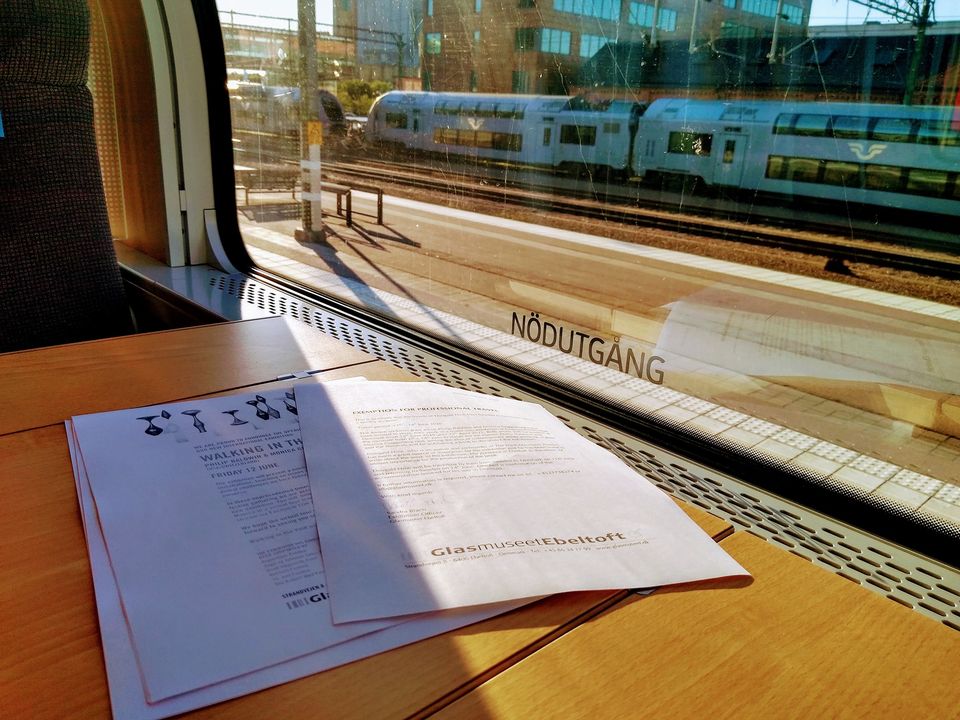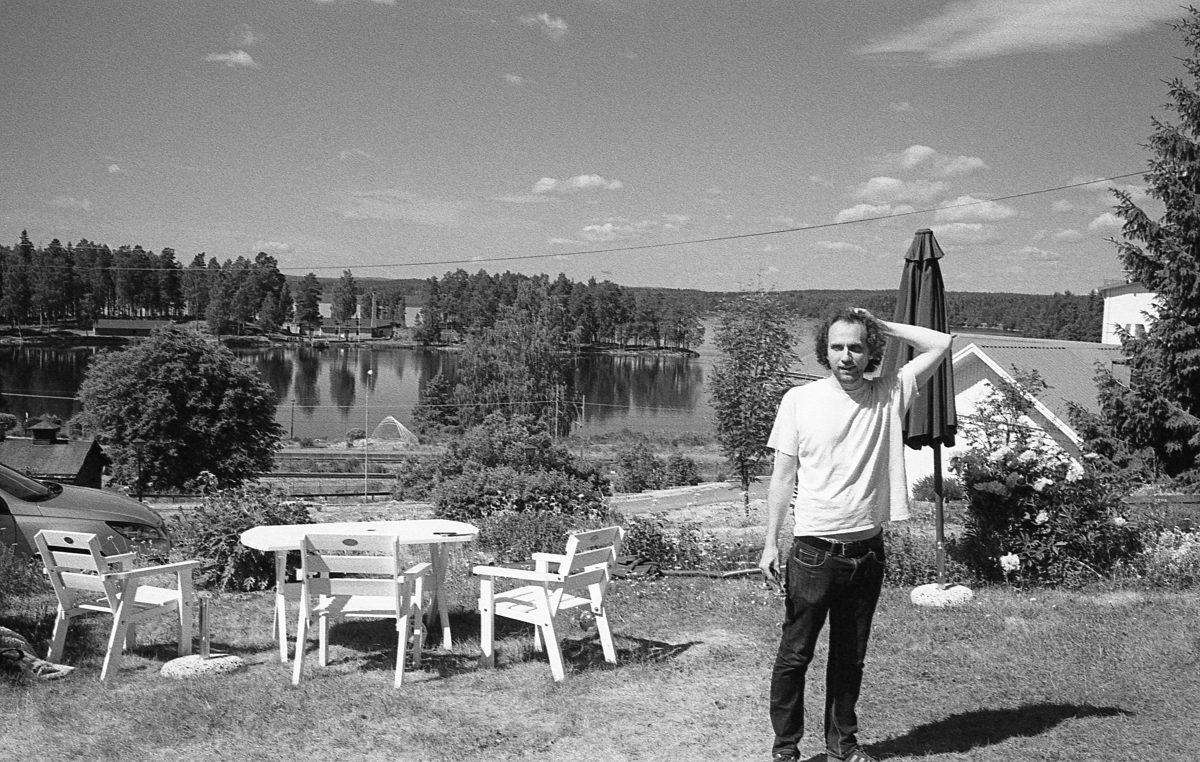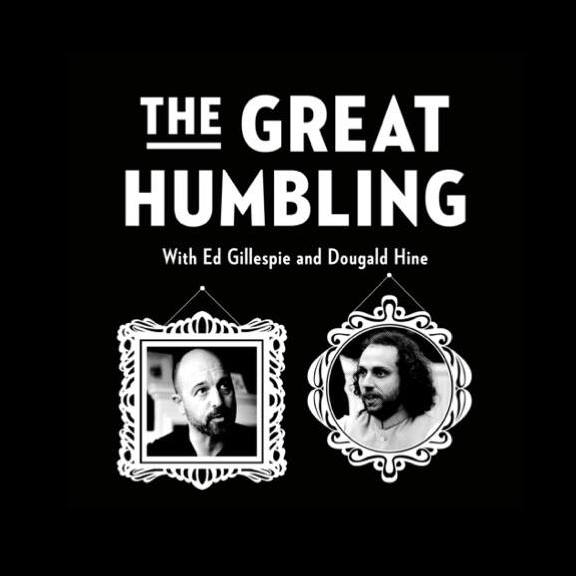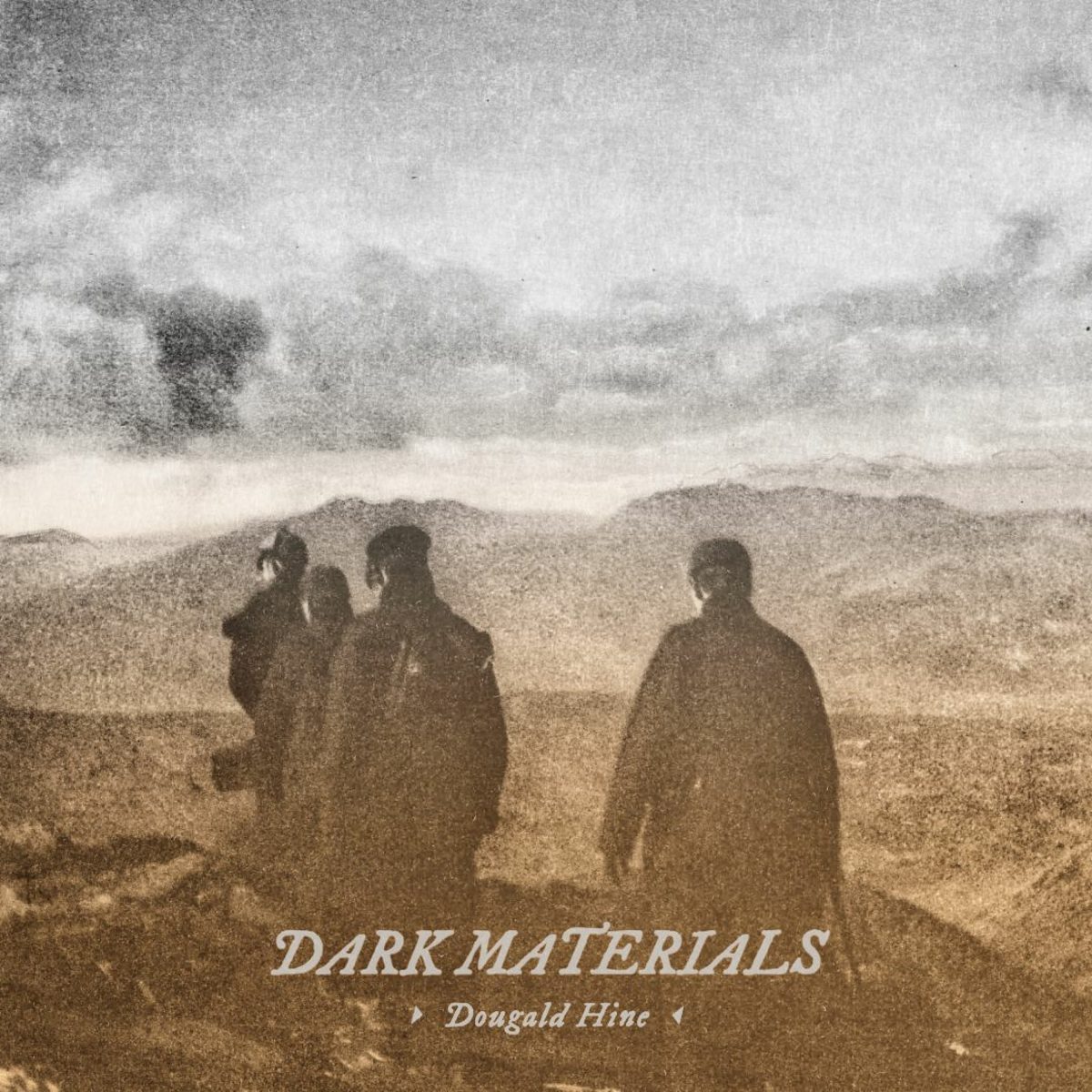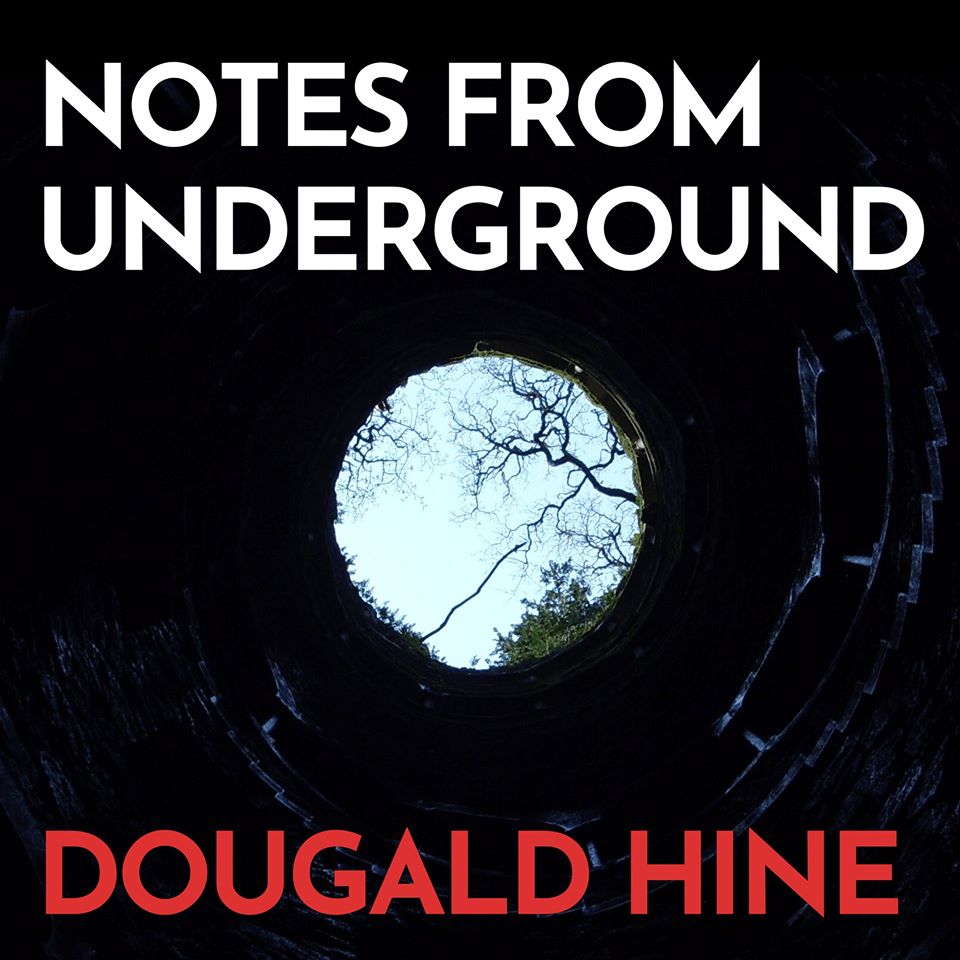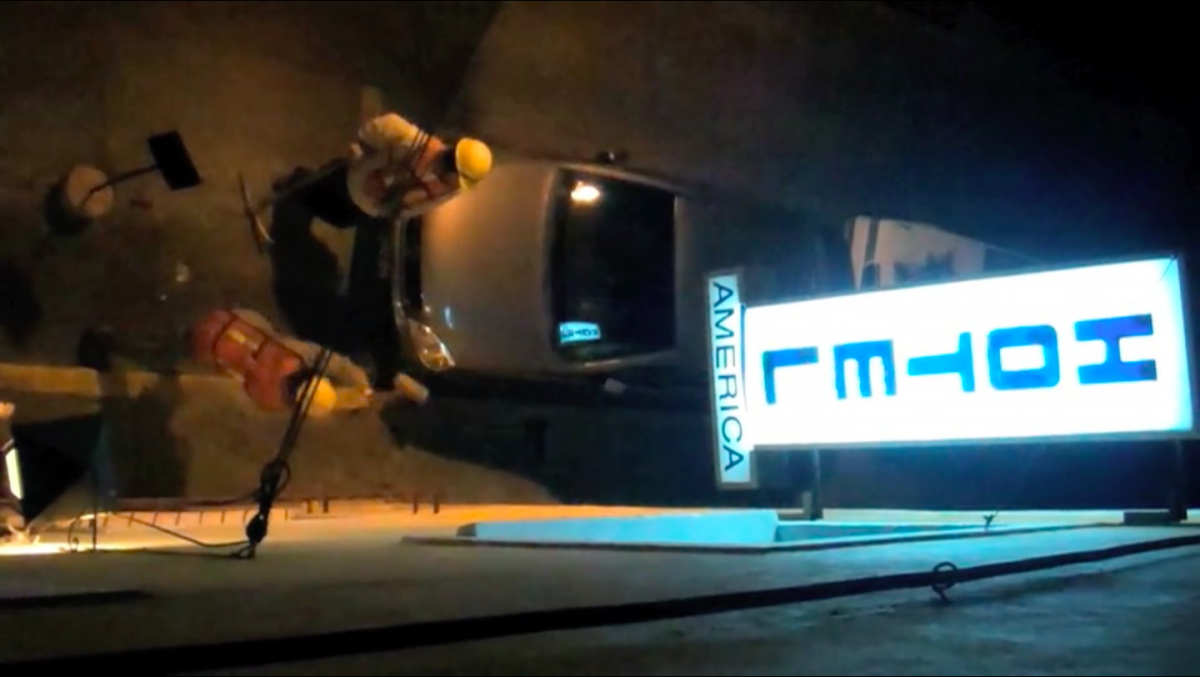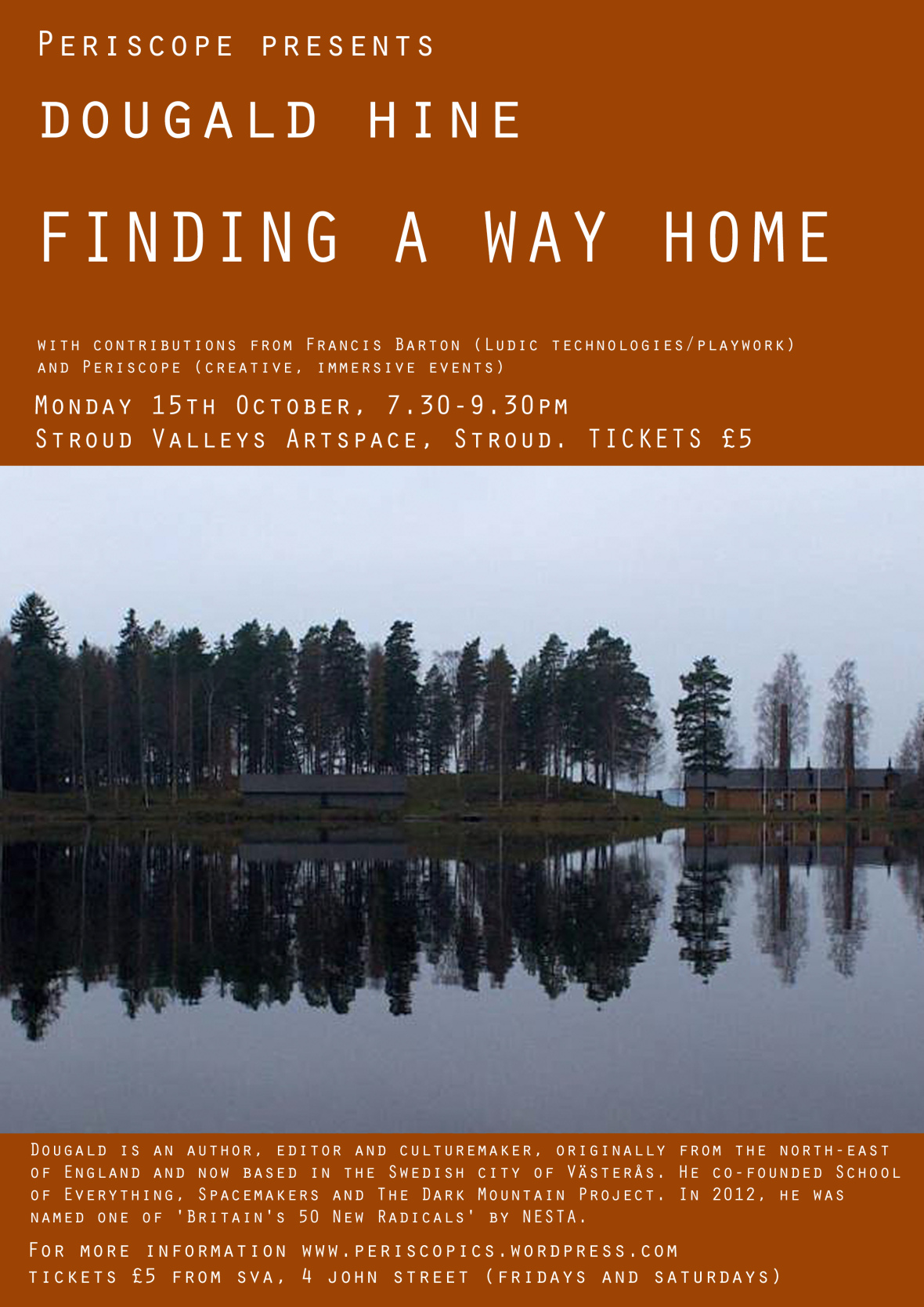This month sees the premiere of an audiowalk production that’s the final piece of the repertoire programme I helped to create during my time at Riksteatern. As part of the production, I wrote and recorded a reflection on the future.
Category: News
Talking about what goes missing from the big, simple story of ‘Progress’ and how much I’ve learned from decolonial thinkers like Vanessa Andreotti and Walter Mignolo.
Talking with Rev Sara Jolena Wolcott about ancestor work and uncovering the stories your family didn’t tell.
Heading to Denmark
Travelling to Denmark for the next stage in a collaboration with the glass artists Monica Guggisberg and Philip Baldwin.
Homeward Bound: An Invitation
Join me for an eight-week online offering from a school called HOME.
The Great Humbling
Introducing a new podcast in which I’ll be in conversation with the futurist Ed Gillespie.
In this interview with Patrick Farnsworth, I speak about Dark Mountain and the Notes from Underground essays.
Notes from Underground
Introducing an essay series and podcast that will be a journey into the deep context of the new climate movements.
A film by Nick Stewart that resulted from our trip to Mexico in December 2012.
Finding A Way Home: Stroud, 15 October 2018
This event in Stroud will be a chance to hear more about what we’re doing at HOME, the school Anna and I are starting. I’ll be speaking alongside Francis Barton, one of the participants in our first course.
